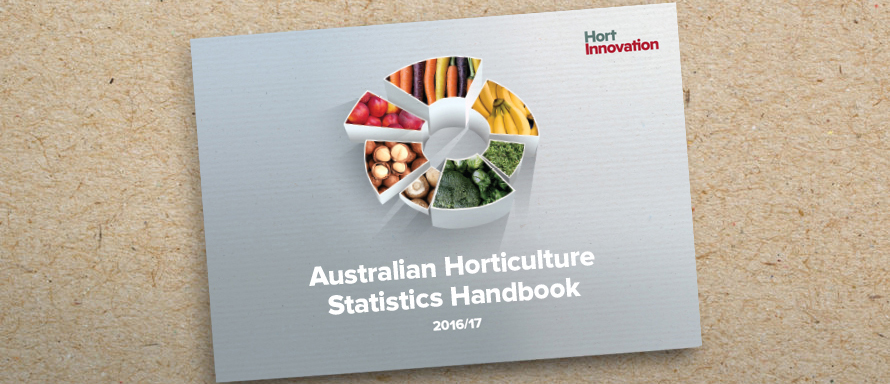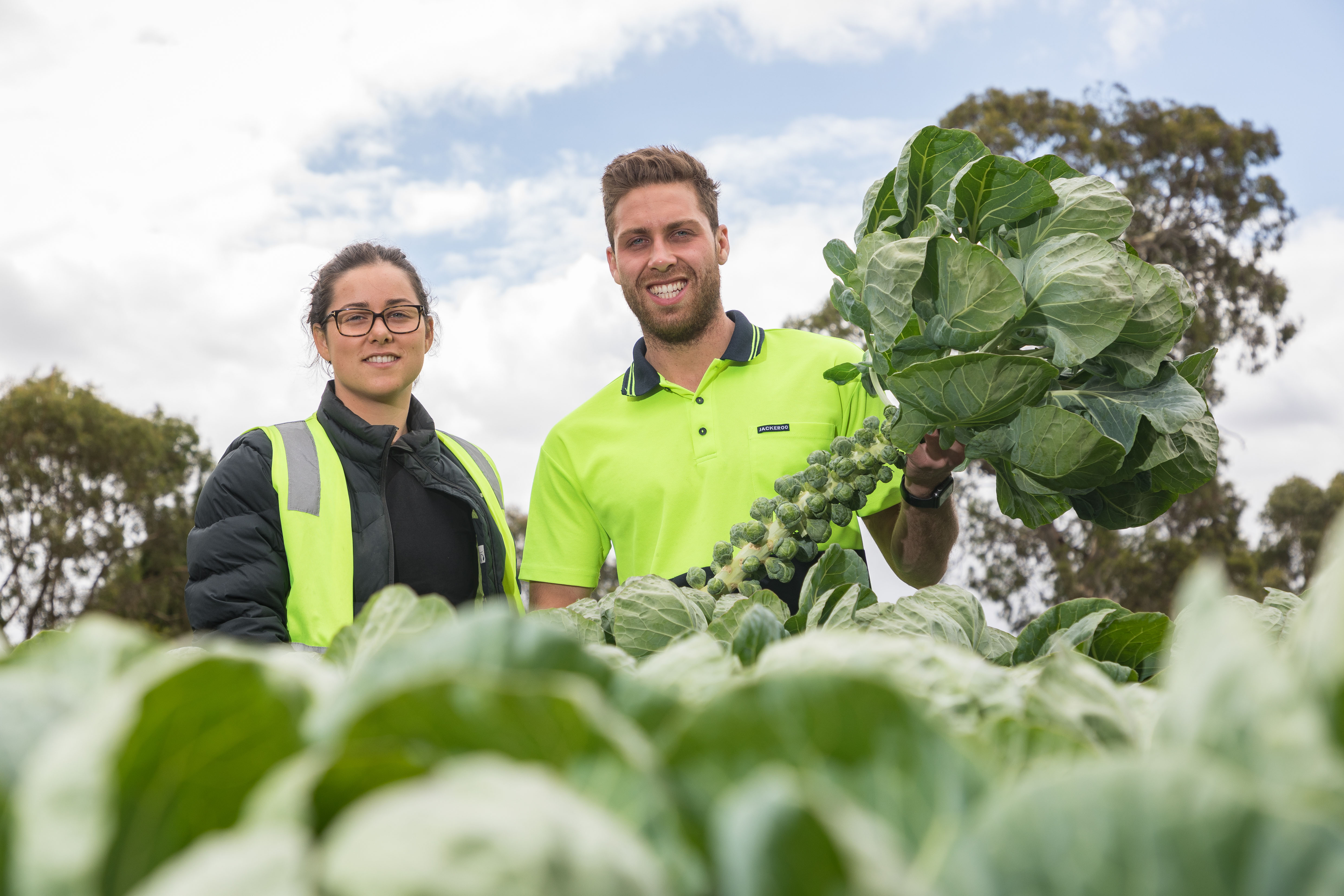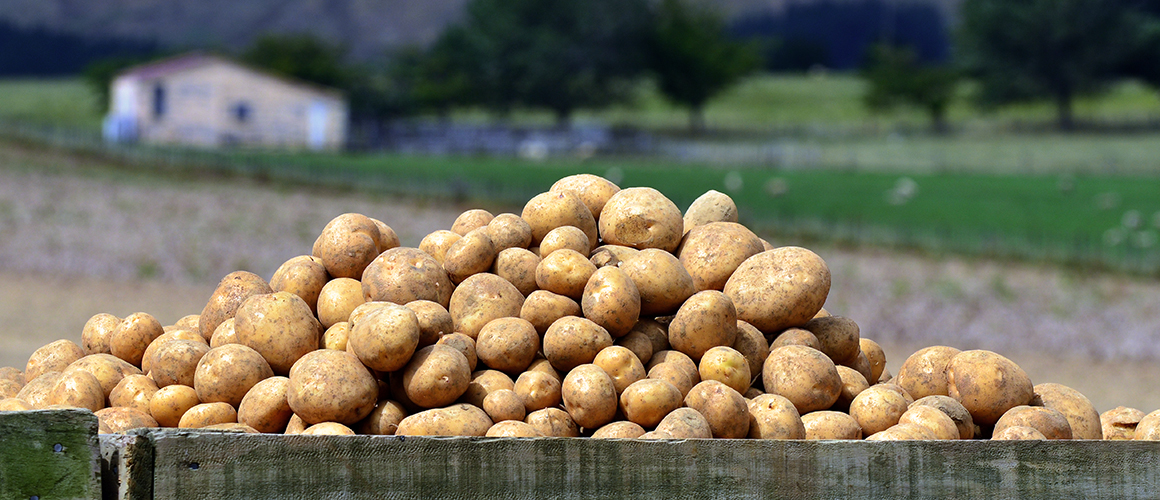
New edition of Australian Horticulture Statistics Handbook released with 2017/18 data
11 March 2019
Erin and Josh Cranwell: Young sprouts in SA
14 March 2019Tomato potato psyllid, or TPP, is a plant pest that feeds on tomato, potato, capsicum, chilli, tamarillo and sweetpotato, as well as solanaceous weeds like nightshade.
TPP can affect plant growth, reduce crop yield and carry a bacterium that causes a serious plant disease known as ‘zebra chip’ in potato. This pest, which has the potential to be highly damaging to our sector, was first detected in Western Australia in February 2017, but it’s been present in New Zealand since 2005 – giving Australian growers a great source of information and experience on how to manage its presence and still maintain a successful industry.
To help growers increase their preparedness, Seed Potatoes Victoria and Sebright Adventures coordinated a recently completed tour of growing regions in New Zealand.
This tour provided an overview of all aspects of TPP research, in-field management and processing implications. Participants also discovered the diversification and irrigation practices of New Zealand farmers, which are vastly different to those currently used in most parts of Australia. Seeing these differences enabled participants to broaden their thinking about possibilities for their own farms, and how to spread risk and potential loss of income by having many income streams from a range of agricultural sources.
Tour highlights included:
- Plant & Food Research New Zealand’s Lincoln site, including a meeting with New Zealand’s key scientific team leading TPP research;
- The annual grower field walk organised by Potatoes New Zealand and Plant & Food Research New Zealand; and
- Farm visits in key growing regions around New Zealand.
Elizabeth Wharton from Sebright Adventures has written a full article recapping this tour, which will be published in the upcoming April/May edition of Potatoes Australia. To take a look at some photos from the tour, click here.
This post appeared in the AUSVEG Weekly Update published 12 March 2019. Subscribe to the Update using our online form to receive the latest industry news in your inbox every week!

